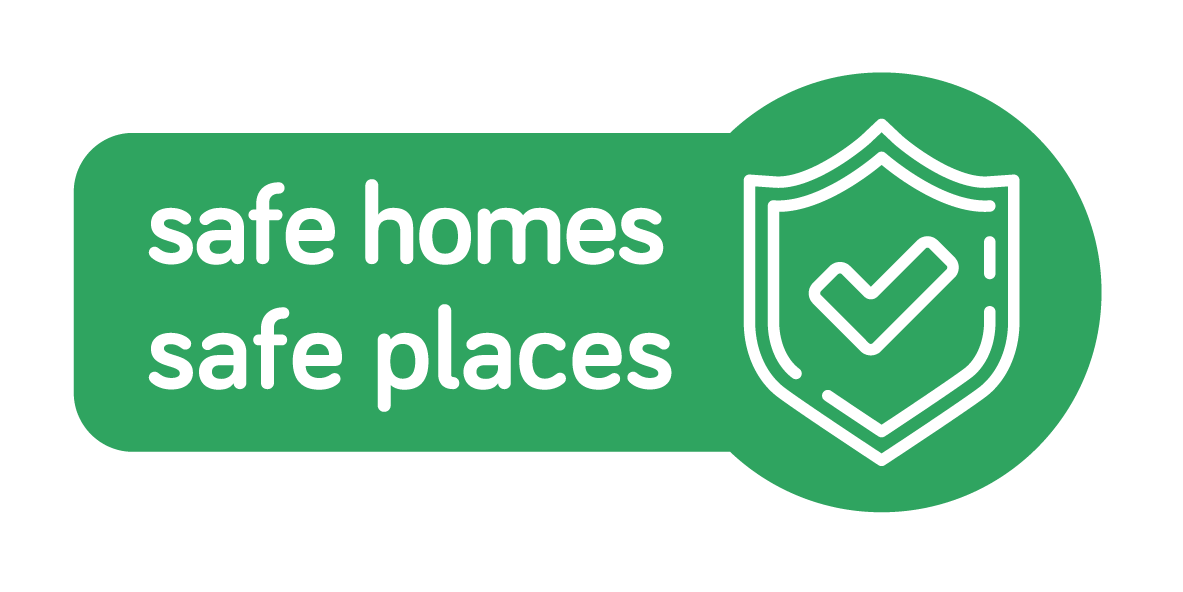
Noise nuisance
We understand that noise can disrupt your home and community. While some noise is a normal part of daily life, excessive or persistent noise can be frustrating. We are committed to taking action when it becomes a serious issue for you or others.

What is noise nuisance?
We will investigate the following types of noise when they are frequent, persistent, and have a major impact on you or the wider community.
What is not classed as noise nuisance?
We recognise that some noise is a normal, everyday part of daily life. As a general rule we will not usually take action on these types of issues.
What are quiet hours?
Noise at unreasonable times of the day, such as loud music or DIY, can be especially disruptive.
Quiet hours are from 11pm – 7am Monday to Saturday, and 10pm – 9am on Sundays.
We will investigate complaints about excessive or persistent noise during these times and take action where necessary.
This includes noise that wouldn’t be classed as noise nuisance during other hours of the day, such as domestic chores or construction (except where emergency repairs are being carried out.).


Neighbourhood disputes
If your neighbour is noisy, or you don’t see eye-to-eye about an issue, the first step is to talk to them and try to resolve the issue peacefully. Your neighbour may not even realise they are causing you problems. Only do this if you feel safe and comfortable to do so.

How to report noise nuisance?
There are multiple agencies involved in tackling noise nuisance. We all have different powers and responsibilities so working together is the best way to find a solution.
If you believe the noise might be due to domestic violence or abuse, for instance you can hear shouting, screaming or banging, please call the police on 999.
Your local council also has a duty to investigate noise levels that could be harmful to your health. You can report noise nuisance to your local council here.
You can report noise nuisance to us using our reporting tool online. Simply sign in or sign up and go to ‘My neighbourhood’ to use the tool. Or call us on 0300 555 6666 to report it by phone.

Antisocial behaviour
Antisocial behaviour (ASB) is when someone’s activity or behaviour makes you feel harassed, frightened or distressed. For it to be considered as ASB the activity needs to be frequent or persistent and have a major impact on you or the wider community.
For more information on ASB, visit our dedicated webpage.
What we can do
We will:
- Respond within five working days, or sooner for more serious incidents
- Ask for the details and evidence to make sure that we fully understand the issue. We may ask you to support us to capture evidence or report incidents to the police and give us the reference number
- Agree an action plan with you and tell you what we can do and what you can do to help to resolve things
- Organise mediation to help you solve problems with your neighbours.
- Keep you informed of any progress and ask you to keep in touch with us until the matter is resolved.

FAQs
What is noise nuisance?
- Noise from pets
- Regular banging or shouting
- Loud parties or gatherings
- Loud music or TV
- DIY or construction during quiet hours.